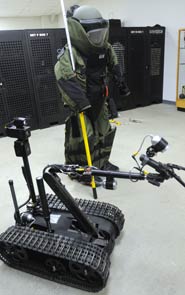
![]() One of Two “Best” on China in Africa
One of Two “Best” on China in Africa
February 22, 2010
Robert I. Rotberg, contributing editor
Of the modest number of books focused on China in Africa, this is one of the two best, and both are unique–if you buy only one, at least read my summary of the other, China Safari: On the Trail of Beijing's Expansion in Africa. Whereas t his book is a best in class collection of academic essays, China Safari is direct journalism with wonderful color photos and direct ground-truth stories.
While this book good easily be five stars in terms of staid academic documentation and reasonable insights, is just does not give me–nor does the other book–a 360 degree view aided by a few maps and charts. This is all print, and while there is a great deal of detail, the over-all synthesis and analysis is not there–each piece stands on its own. Here are my distilled notes.
01 Rotberg China's Quest for Resources, Opportunities, and Influence in Africa
+ Third era in Chinese-African relations, first was in the 600-700 AD period
+ Since 2006 China has displaced Europe and is set to displace the USA within the decade
+ India and Japan are pushing back in Africa, but weakly
+ China is building infrastructure as a means of capturing below-market price direct access to natural resources
+ China's neutral non-interventionist policies have opened doors closed by Western human rights badgering
– Downside is the substandard goods that China is dumping, and sub-price, displacing local economy suppliers
– Downside is Chinese labor brought in, thousands as a time, not hiring or training local labor
– US Government generally “ill-prepared” to monitor or understand China's broad presence in Africa
– Neither the African Union nor any of its regional economic commissions have a China strategy or policy
Continue reading “Review: China into Africa–Trade, Aid, and Influence”







